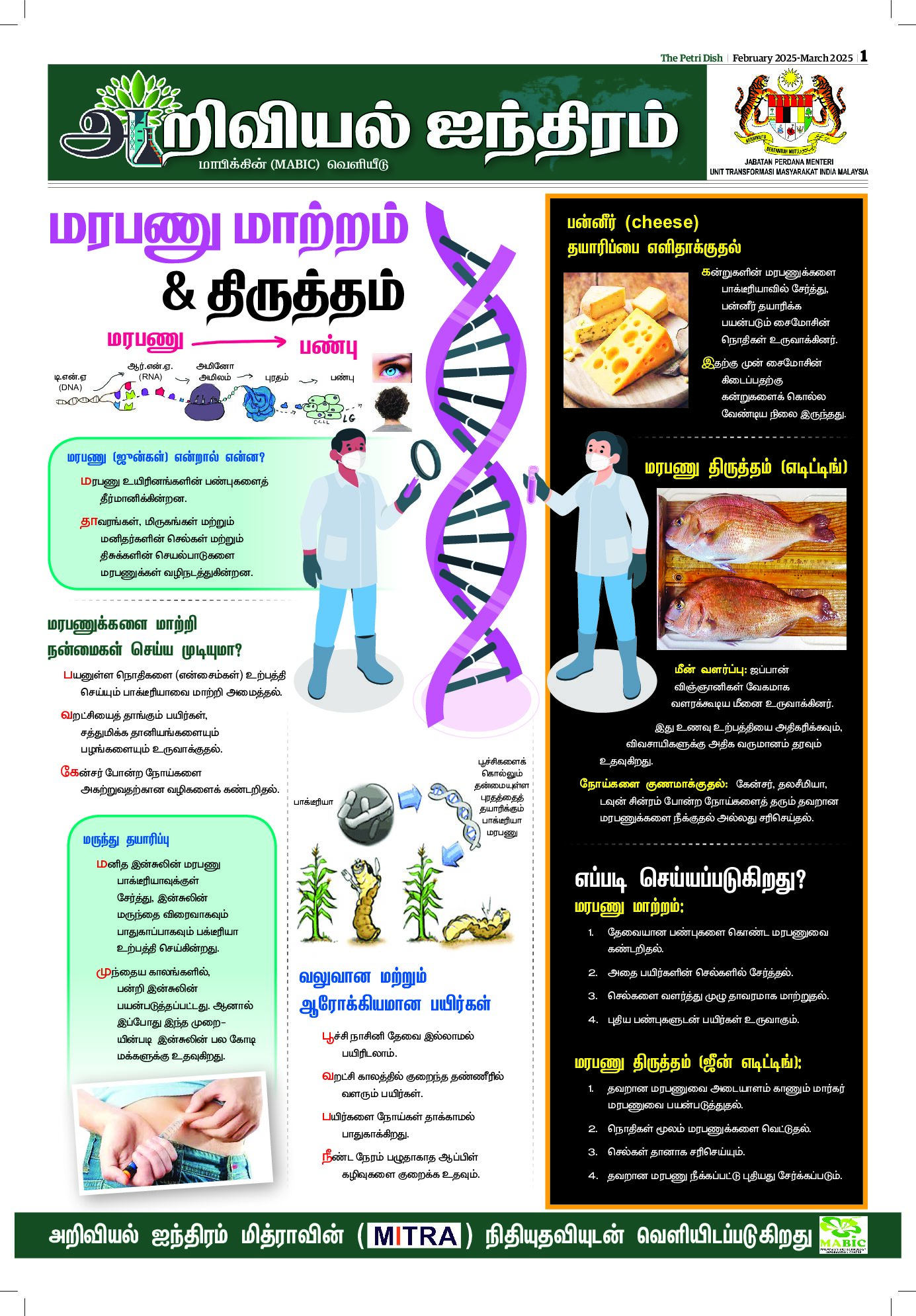
SINCE the discovery of penicillin in 1928, molecules produced by microbes (known as microbial secondary metabolites or SM) have played a crucial role in saving lives. These metabolites have extensive uses in treating infections, cancer, immunosuppression, metabolic disorders, and parasitic diseases.
Regrettably, the rate of novel microbial molecules’ discoveries via traditional approaches has declined significantly in the past half-century, with most research efforts yielding redundant rediscoveries.
The slow pace of antibiotic discovery has resulted in an alarming crisis, claiming 1.27 million lives each year globally. The lack of new molecules to use as medicine is a big challenge for treating infectious diseases. Scientists are now racing against time to discover new antibiotics that can fight against drug-resistant disease-causing microbes.
To speed up research in the field of antibiotic resistance, French researchers from Inserm and Université Paris Cité launched a large bioprospecting programme that involves citizen participation. Realising the importance of exploring new avenues for drug discovery and the limitations faced by researchers to cast their net wide enough to cover unexplored worlds of soil bacteria, they turned to citizens for help. This gave birth to “Science à la pelle”, a programme that translates to “Science in Spades”.
The programme invites French citizens to collect soil samples from various locations across the country that will be sent to laboratories to study the bacteria found in these samples. The citizens are provided with a simple sampling protocol and a smartphone app to record their findings. Within three months, the research team received over 1,500 samples from across France and they isolated 10,000 Streptomyces strains, which are currently being analysed in a laboratory in Paris.
With the success made in France, Terra Bacta aims to become a global initiative to create an international atlas of biosynthetic diversity of soil microbiome. This International Consortium focusses on innovative research and development in the field of biosynthetic diversity with collaborative efforts among researchers, policy makers and institutions from around the world. Biosynthetic diversity refers to the diverse range of natural products produced by living organisms.
We wish to develop a better understanding of biosynthetic wealth and environmental factors that influence them. This will be achieved through collaborative research projects, sharing of resources and expertise, the development of new technologies and methods for studying biosynthetic diversity.
This consortium represents a unique opportunity to build an international atlas of biosynthetic diversity.
We envision a collaborative environment where researchers from diverse backgrounds can share expertise, data, and resources to further advance our understanding of the biosynthetic potential of Streptomyces and other bacteria. By working together, we believe that we can make significant strides in the discovery of new antibiotics and other bioactive compounds. We look forward to the opportunity to expand this consortium and make a lasting impact on the field of biosynthetic research.
Being pioneers in this field presents a significant advantage, as discovering new bioactive molecules that are not yet on the market could lead to the development of novel drugs and therapies, providing a unique opportunity to contribute to the advancement in the field of biosynthetic research.
Unlocking the potential of these natural products are important steps towards improving human health and well-being, and for protecting our natural resources. Biosynthetic diversity is also a huge asset for agriculture and other industrial applications, and a boon for conservationists who aim to preserve and understand biodiversity better.
The international effort would involve the exchange of personnel between teams and partner institutions, with the aim of fostering a collaborative and interdisciplinary environment. Our goal is to create an open and inclusive platform where researchers from diverse backgrounds can come together to exchange ideas, share data and resources, and advance scientific discovery in a meaningful way.
We recognise the importance of sharing the benefits arising from the utilisation of genetic resources, in line with the Nagoya-KL Access and Benefit Sharing Protocol. We aim to work with all partners and collaborators to ensure fair and equitable benefit-sharing arrangements are in place. Through this initiative, each nation will have the ability to uncover the genetic resources present in its abundant natural resources, and to utilise these resources as deemed fit. This will not only stimulate innovation but also establish a link between the general public and the field of science across the world!
Those interested to be part of this consortium:
Visit our home on the web at www.terrabacta.org
Email us at terrabacta@cri-paris.org









